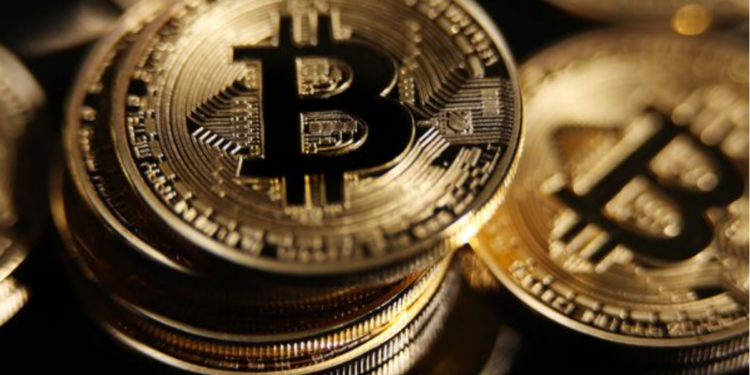

Brazil displaces Africa’s largest economy on interest in Bitcoin. the current top spot is El Salvador, while Brazil takes the second spot and Nigeria is in the third place based on data from Google Trends.
Interest in Bitcoin is growing in Latin America’s most populous country and has been amplified with Brazil’s largest private bank, Itau Unibanco, entry into the cryptocurrency space.
The lender initially offered crypto trading services that trade Bitcoin and Ether, iItaú Unibanco’s expansion into the digital asset space is based on recent developments in cryptocurrency regulation in the Latin American country.
The tie-1 bank’s entry into the Brazilian crypto market will put the company in direct competition with local companies such as Mynt and global giant Binance.
What sets Itaú Unibanco apart from its competitors is its dual role as a trading platform and custodian of digital assets.
The country’s political system is also aware of such interests, as Brazilian President Luiz Inacio Lula da Silva recently signed a law imposing taxes on crypto assets held abroad by Brazilian citizens.
More than two years have passed since the CBN restricted licensed banks from engaging in cryptocurrency-related activities to clamp down on a surge of unregulated transactions.
Yet Nigeria’s crypto market has defied the odds and consolidated its status as a key transactional vehicle in the sub-Saharan nation but is fast losing its edge to more crypto-friendly nations like the UK, UAE, and Brazil
Currently, Nigeria has a population of 223 million, making it one of the fastest-growing countries in Africa and one of the youngest in the world, according to a United Nations and Interest study. 43% of the country is under 15 years old.
Nigeria’s cryptocurrency usage remains the highest in Africa and one of the most developed countries in the entire world, with an annual growth rate of 9% despite the recent pullback on Bitcoin’s interest Chainalysis report, showed that Nigeria ranks third in the list of only six countries that have recorded consistent growth since 2021.
Stablecoins are now the preferred crypto asset in Nigeria because they are pegged to a popular reference asset, the American dollar to hedge against inflation and the naira devaluation Currently, USDT is the most widely traded stablecoin in Nigeria.
Nigerian businesses and the diaspora population are also adopting USDT and other stablecoins to facilitate payments. It is no longer uncommon to see tour operators in Nigeria quote their packages in US dollars and offer USDT as a payment option.
The naira is the worst-performing currency in Africa and has lost four-fifths of its value this year alone against the American dollar
Bitcoin has notched a strong ending this year despite recent pullbacks in p price action. If today were the last day of 2023, the king of digital assets would have returned almost 150%, marking the best year since 2020, when it rose a phenomenal 305%.
Bitcoin opened the trading week marginally lower, but trading above $41,000. Ether maintained its critical support level despite the wave of selloffs, staying above $2,100 at the time of drafting this report.
Data from Coinglass revealed that there has been $176 million in the liquidation crypto futures market in the past day, and $136 million of them have been long positions.
In total, $32 million in Bitcoin positions were liquidated, resulting in 91,645 crypto traders losing all their funds. The largest single liquidation order occurred on Bitmex for XBTUSD, with a value of $10 million.
Despite bitcoin’s current correction phase, end-of-year predictions for 2024-2025 remain optimistic, especially when compared to last year’s dour predictions of $10-12k bitcoin.
The market price has already been priced in spot bitcoin ETFs in the United States approval, thus liquidity inflows will make a huge difference in the value of the pioneer crypto asset




